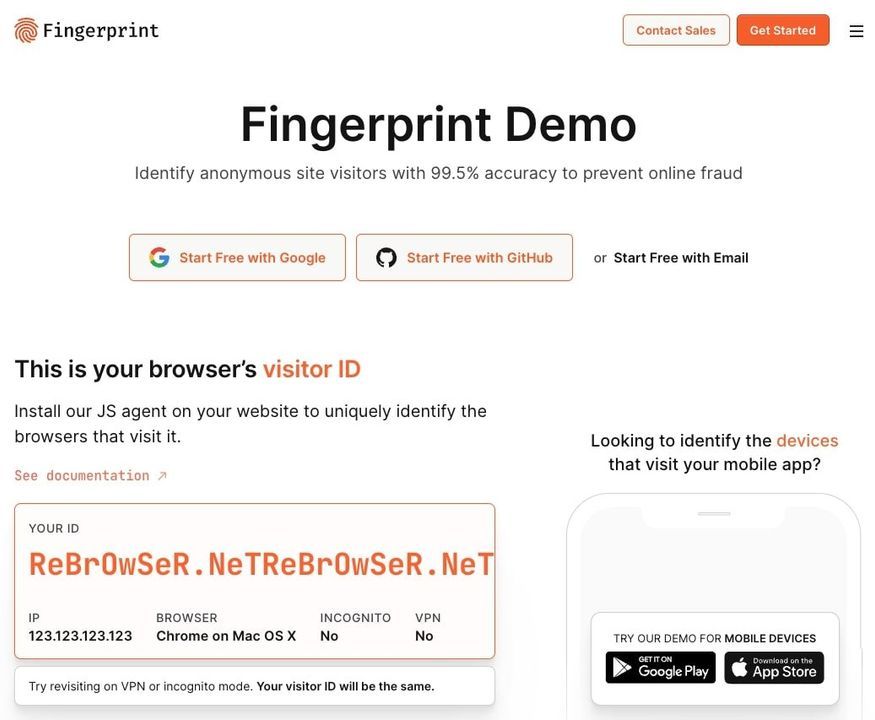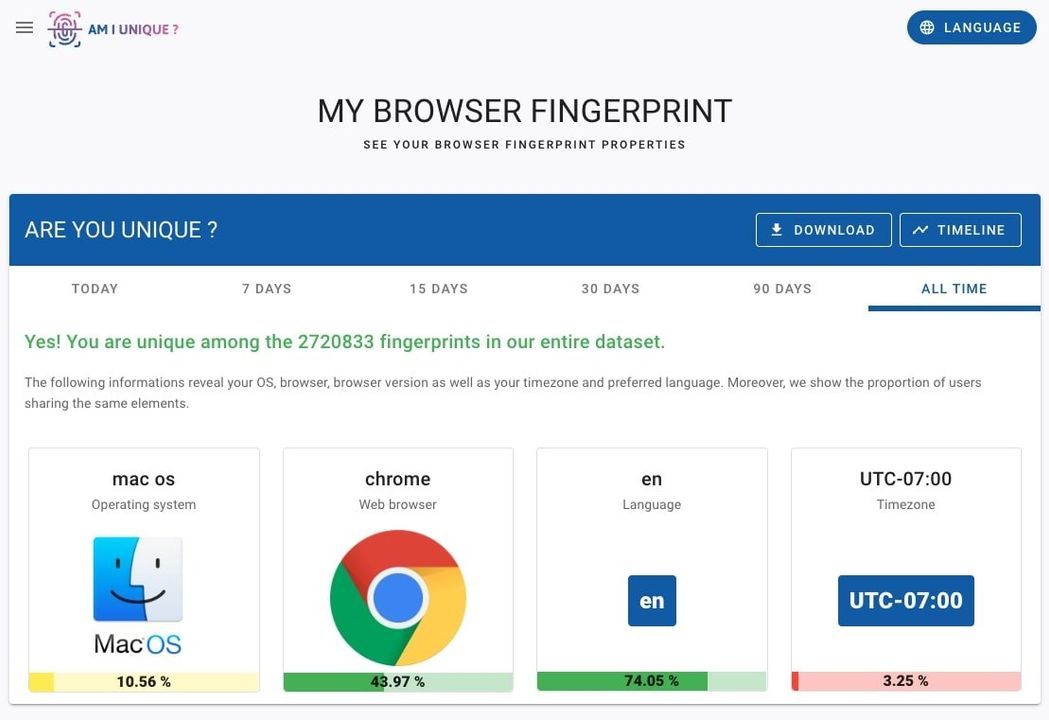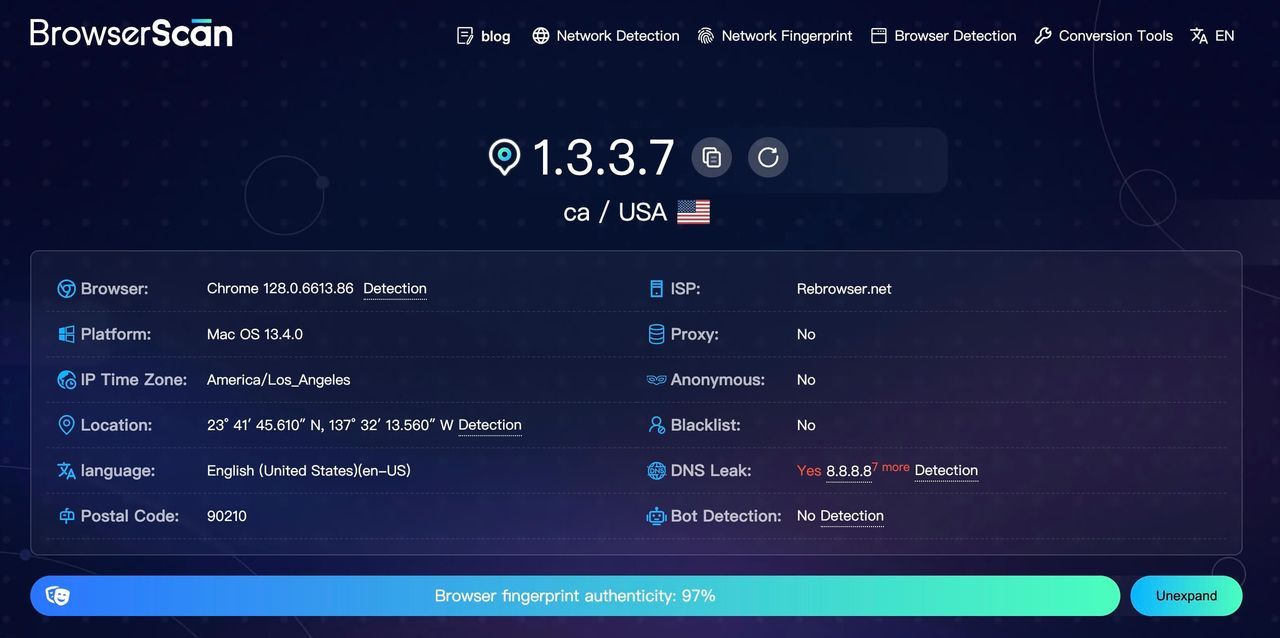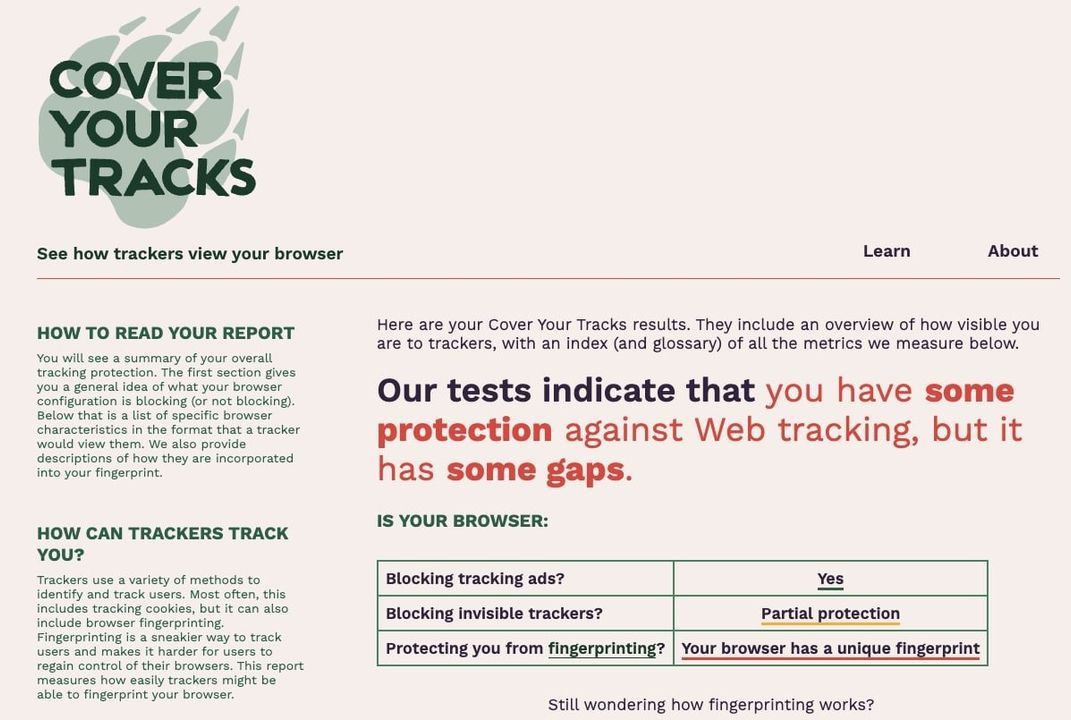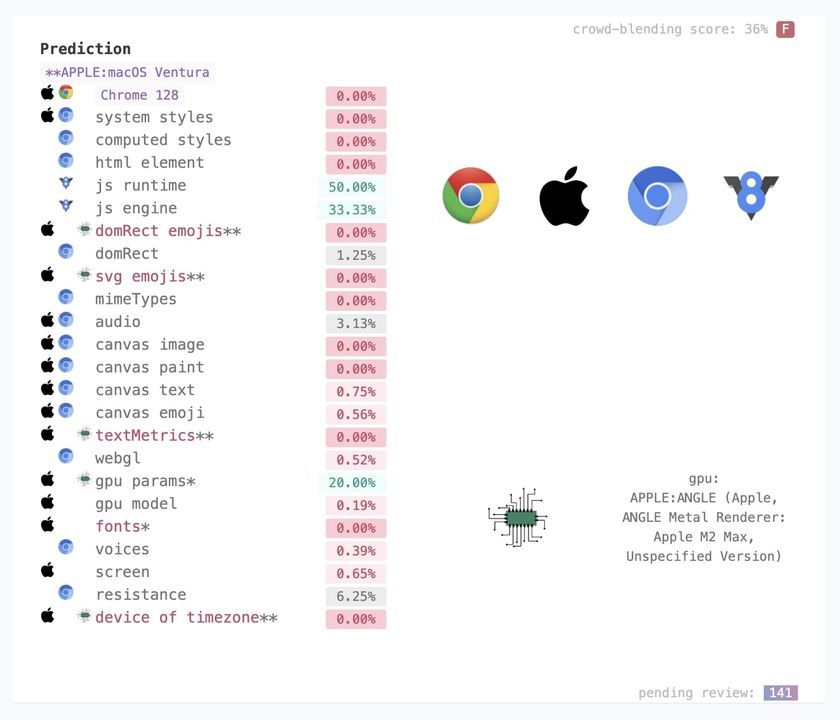Browserleaks: Check Your Browser for Privacy Leaks
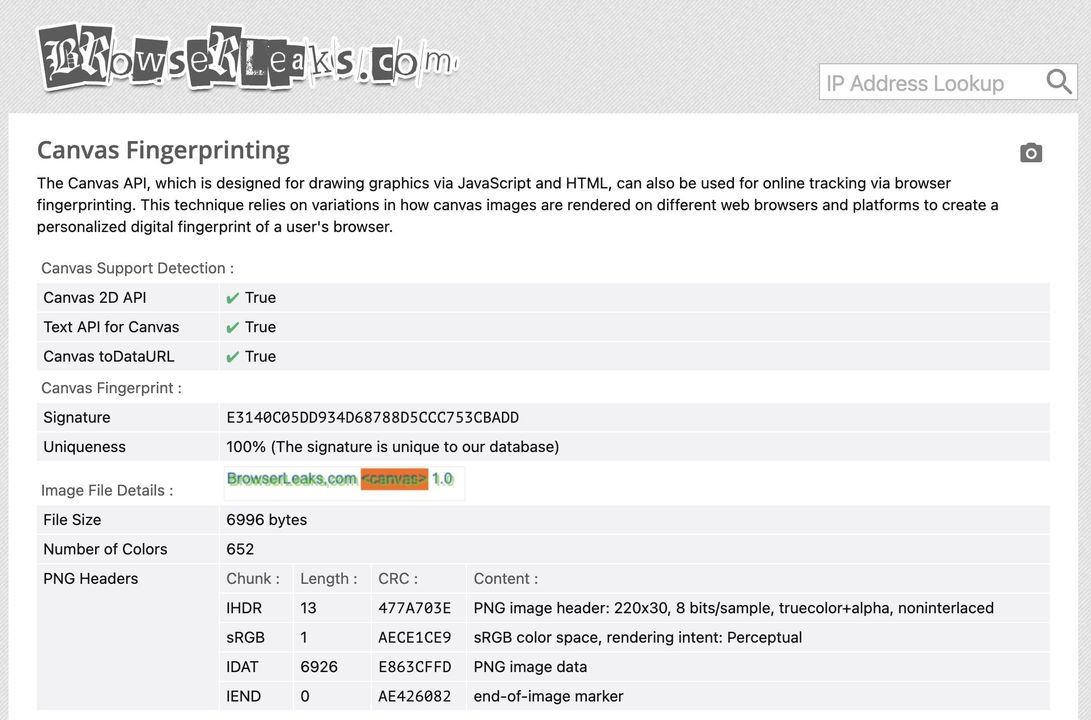
Is your web browser keeping your secrets safe, or is it leaking personal information to prying eyes? BrowserLeaks lets you uncover hidden vulnerabilities that could put your online security at risk. With just a few clicks, you can see what data your browser is revealing and take control of your digital footprint. Stay private, stay protected—let’s dive into the world of BrowserLeaks.
BrowserLeaks: Understanding Your Web Browser's Privacy
BrowserLeaks is a suite of tools for checking privacy. It reveals data your browser is leaking, like IP addresses and system details.
The tools show how websites may leak your real IP. You can check your browser for privacy leaks using BrowserLeaks. It helps uncover information about your device that websites can exploit.
Browser fingerprinting is a technique used to track users. It creates a unique identifier based on the user’s browser settings. This allows websites to identify users and track their activities. BrowserLeaks helps you detect weaknesses and protect your digital footprint.
BrowserLeaks helps detect tracking techniques like canvas and font fingerprinting. These techniques use your browser’s unique characteristics.
Canvas Fingerprinting
The Canvas API allows websites to create a graphic in your browser. This process generates a canvas fingerprint. It can track your activities across different websites.
- How It Works: It uses the HTML5 Canvas API to create a fingerprint.
- Tracking Risks: It helps websites track users through graphic rendering.
Font Fingerprinting
Font fingerprinting identifies your system fonts to create a unique profile.
- Unique Characteristics: It identifies users based on system fonts.
- Privacy Risks: Unique fonts can make tracking easier.
These fingerprinting tools help you check your browser's weakness to tracking.
Key Features of BrowserLeaks.com
BrowserLeaks.com offers tools to check your browser's privacy and security. The tools identify whether your browser is vulnerable to tracking.
| Feature | Description |
|---|---|
| IP Address Analysis | Detects IP address, geolocation, ISP details, and potential leaks like WebRTC, DNS, and IPv6. |
| JavaScript Capabilities | Extracts system details such as user agent, screen resolution, OS, plugins, and battery status. |
| Canvas Fingerprinting | Uses the HTML5 Canvas to create a unique identifier by analyzing pixel rendering differences. |
| WebGL Report | Analyzes WebGL support, detailing graphics card info and GPU characteristics that contribute to fingerprinting. |
| Font Fingerprinting | Creates a unique profile based on system fonts and rendering differences. |
| Geolocation API Test | Analyzes how the browser handles requests, revealing locations when permissions are granted. |
| Content Filters Detection | Identifies ad blockers, Tor browser settings, and other content filters that affect browser connections. |
| SSL/TLS Client Test | Checks TLS protocols, cipher suites, and handling of mixed content, identifying weak settings. |
| Features Detection | Lists HTML5 features supported or lacking in the browser. |
IP Address Analysis
BrowserLeaks detects your IP address and geolocation. It shows how websites identify and track users.
- Geolocation: It uncovers your geographical location through your IP.
- ISP Details: It reveals your Internet Service Provider (ISP).
- Potential Leaks: It shows where websites may leak your real IP.
JavaScript and WebRTC Detection
JavaScript is often used to track users’ online activities. The JavaScript test checks what your browser reveals.
- System Details: It uncovers your CPU, battery status, and OS.
- Plugins Detection: It shows active plugins in your browser.
- WebRTC Leak Test: It checks if WebRTC leaks your local IP addresses.
Tools for Checking IP Address Privacy
BrowserLeaks helps evaluate the security and privacy of your web browser. It offers tests to evaluate the security of IP addresses. The tests focus on identifying potential vulnerabilities and leakage.
DNS leaks can reveal your IP address and location. This tool can help you detect DNS leaks and protect privacy. It checks the privacy of your web browser, including WebGL. WebGL can expose details about your operating system and screen resolution.
Flash Player can also cause leakage of personal information. Advertisers use these details to personalize ads based on your data. Content filters can help block tracking and IP address exposure.
The tool provided by BrowserLeaks aids in troubleshooting browser vulnerabilities. It offers in-depth analysis to stay ahead of privacy risks.
IP Address Privacy Evaluation
BrowserLeaks checks for potential IP address leaks. It identifies risks linked to IP address exposure.
- Online Privacy Risks: It shows how your IP may leak online.
- Protection Steps: Use a VPN or proxy to hide your IP.
WebRTC Leak Test
The WebRTC leak test detects IP address leaks through the WebRTC protocol. It is especially useful for VPN users.
- Evaluating Leaks: It shows if WebRTC may leak your real IP address.
- Online Security Solutions: It provides steps to stop WebRTC leaks.
BrowserLeaks helps you identify and protect your browser’s privacy.
BrowserLeaks.com: An Essential Tool for Online Privacy
How BrowserLeaks Protects Your Personal Information
BrowserLeaks protects your personal information during tests. It does not collect any data from users.
- User Privacy: BrowserLeaks ensures your personal identity remains safe.
- Secure Testing: You can evaluate your browser’s security without risks.
Practical Applications for Different User Groups
BrowserLeaks benefits a range of users:
- Privacy-Conscious Users: It helps users protect their digital footprint.
- Security Researchers: It reveals browser vulnerabilities for analysis.
- Web Developers: It helps developers understand browser security features.
BrowserLeaks.com is a valuable tool for improving online privacy. Regular use can protect your digital footprint from tracking. Stay aware and secure with BrowserLeaks.
Conclusion
BrowserLeaks helps you stay safe online by revealing risks. Use it to check your browser’s privacy regularly. Take action to block leaks and tracking attempts. Protect your data with stronger security settings. Always check for new threats that affect your browser. BrowserLeaks makes this process clear and straightforward. Keep using it to protect your personal information.
